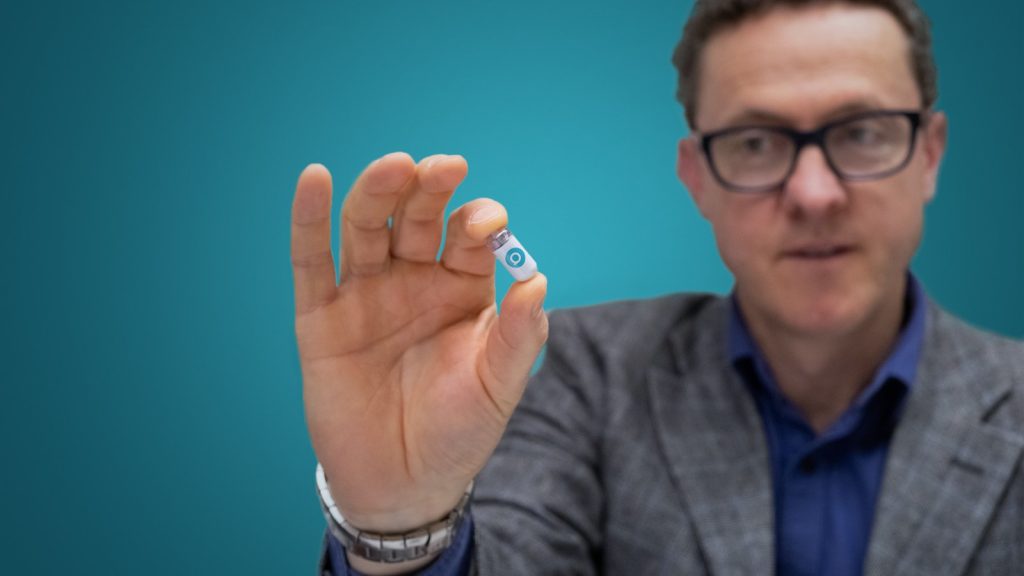Atmo Biosciences has been awarded a $620,000 Australian Government grant through the BioMedTech Horizons (BMTH) program.
Delivered by MTPConnect and funded by the Medical Research Future Fund, the BMTH program supports the commercialization of innovative collaborative health technologies. Atmo was one of 21 successful companies selected by the program, which was announced by the Hon. Greg Hunt, Minister for Health, on July 19.
Atmo is addressing the unmet clinical need to interrogate and monitor the function of the gut microbiota. This will allow better diagnosis and development of personalized therapies for gastrointestinal disorders, resulting in earlier and more successful relief of symptoms, and reduced healthcare costs.
Atmo’s platform is underpinned by the Atmo Gas Capsule, a world-first ingestible gas-sensing capsule that senses clinically important gaseous biomarkers produced by the microbiome in the gastrointestinal system. This data is wirelessly transmitted to the cloud for aggregation and analysis.
Atmo Biosciences CEO Mal Hebblewhite said the BMTH funding would be used to demonstrate the commercial application of the Atmo platform in identifying Irritable Bowel Syndrome (IBS) subtypes and diagnosing Small Intestinal Bacterial Overgrowth (SIBO). This includes developing machine learning algorithms to determine the constituents of complex gas mixtures relevant to IBS and SIBO, and conducting a clinical trial to validate the algorithm against current diagnostic standards.
“IBS affects up to 1 in 5 adults, but there is currently no definitive test or biomarker; diagnosis, treatment and management is challenging because it is based almost entirely on symptoms,” Mal said.
“I’d like to thank the Australian Government and MTPConnect for this support, which will help us improve the way gastrointestinal disorders are diagnosed and treated, thereby making a huge difference to the quality of life of millions of IBS and SIBO sufferers worldwide.”
Atmo, which recently closed a successful capital raise, was incubated by Australian healthtech commercialization company Planet Innovation following a licencing deal with RMIT University, which developed the capsule technology.




